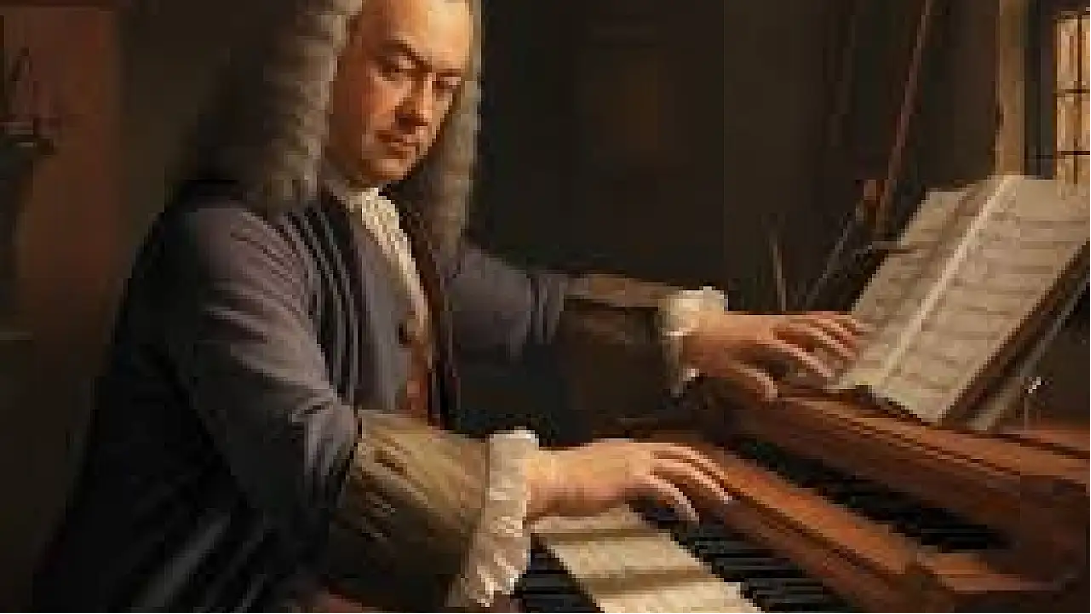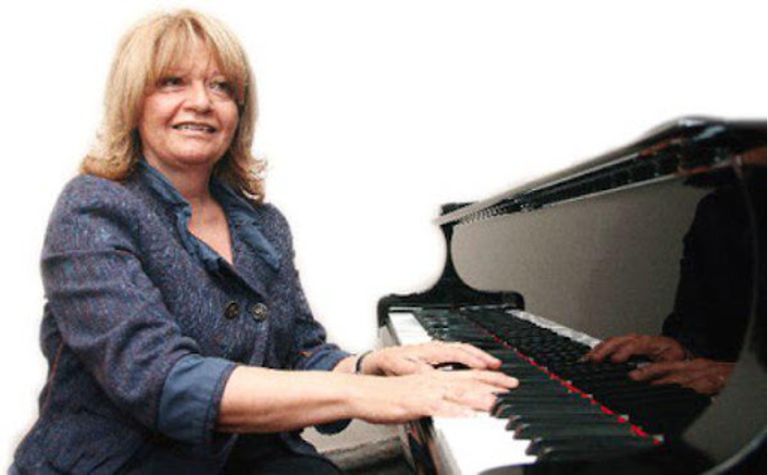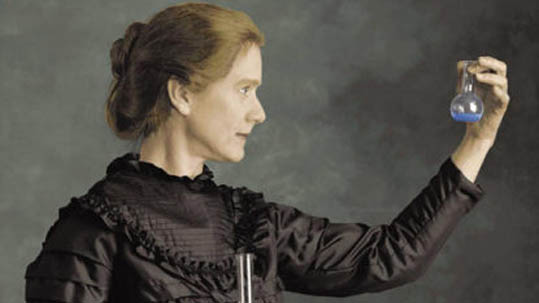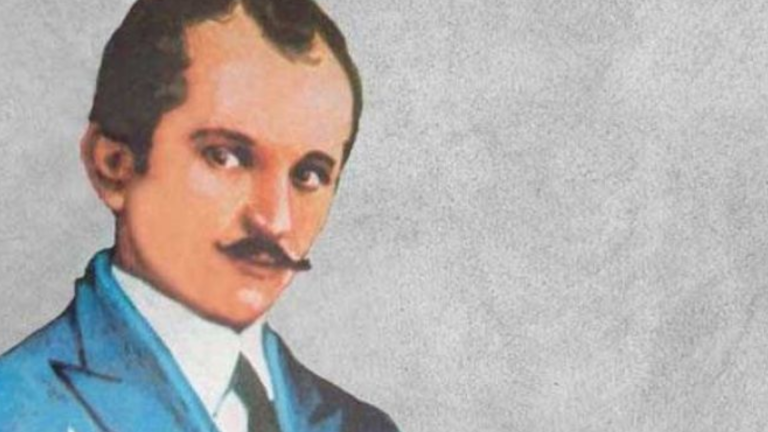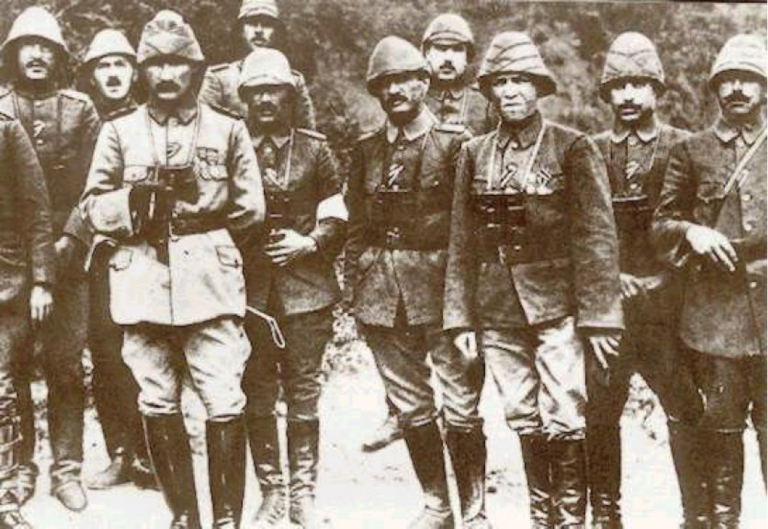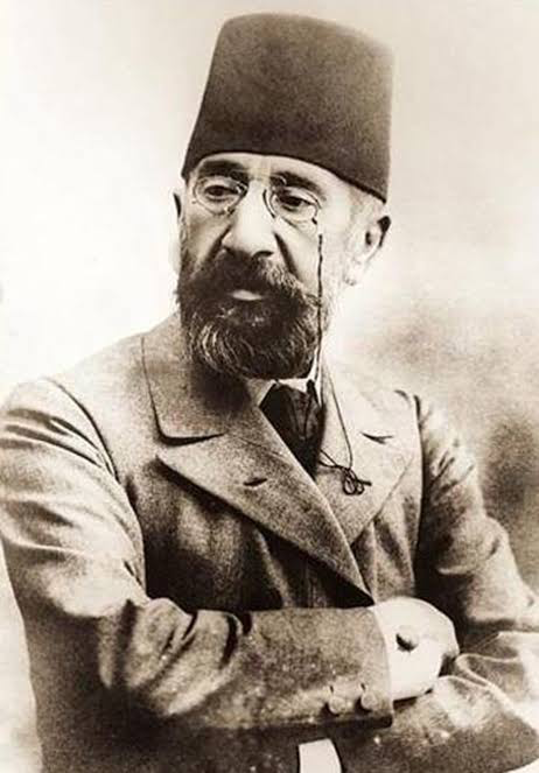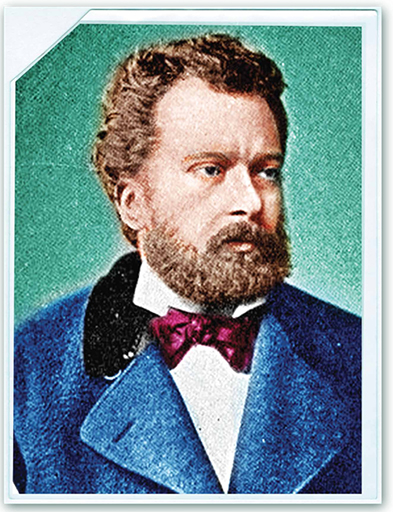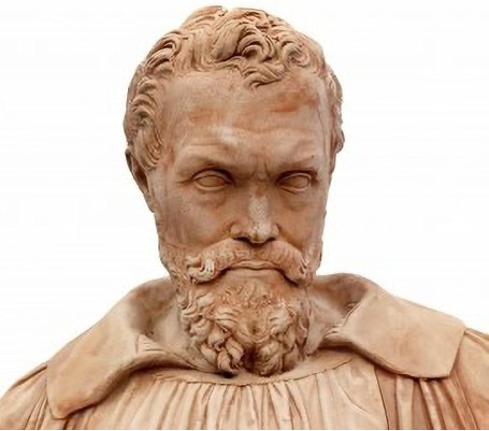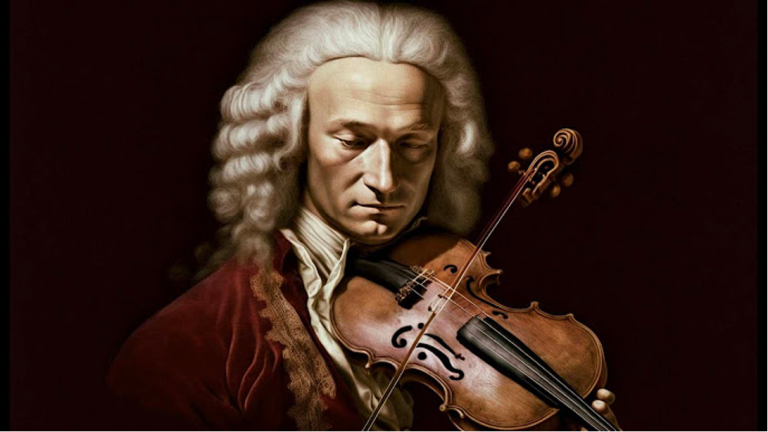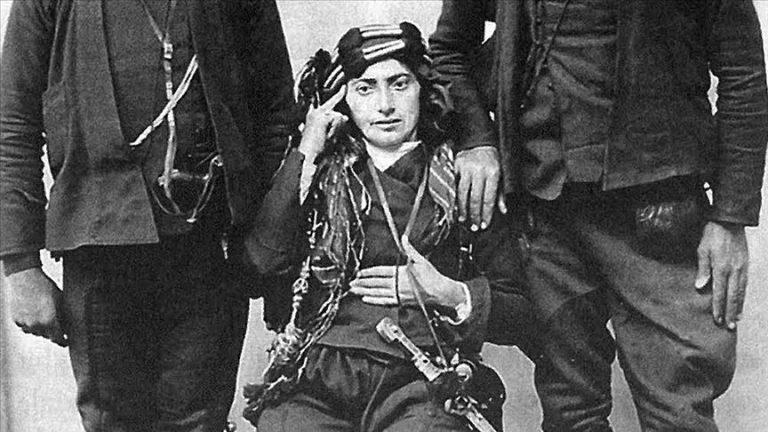Johann Sebastian Bach, born on March 31, 1685, in Eisenach, Germany, is universally hailed as one of the greatest composers of all time. His prolific output, technical mastery, and profound expressiveness have left an indelible mark on Western music. A central figure in the Baroque period, Bach’s work epitomizes the intricate textures and ornate detail characteristic of the era.
Bach’s early musical education was shaped by his family, notably his father, Johann Ambrosius Bach, who was a musician. After becoming an orphan at the age of ten, he lived with his elder brother, Johann Christoph Bach, who introduced him to the keyboard. His formal education included studying at the prestigious St. Michael’s School in Lüneburg, which significantly influenced his musical development.
Throughout his career, Bach held various positions as an organist, court musician, and music director, including significant tenures in Weimar, Köthen, and Leipzig. It was during his time in Leipzig as the Thomaskantor (director of music for the principal churches) that Bach composed some of his most enduring works. These include the “Brandenburg Concertos,” the “Mass in B Minor,” and “The Well-Tempered Clavier,” which collectively showcase his versatility and genius.
Bach’s music is celebrated for its intellectual depth, technical command, and artistic beauty. His intricate fugues and elaborate counterpoint demonstrate a mastery of compositional technique, while his chorales and cantatas reveal a deep spiritual conviction. Despite the complexity of his music, Bach’s works remain deeply emotional and accessible, resonating with audiences across centuries.
After his death on July 28, 1750, Bach’s music fell into relative obscurity but was revived in the 19th century by composers such as Felix Mendelssohn. Today, his legacy endures, influencing countless musicians and composers and continuing to captivate audiences worldwide.
test 12
1. Where was Johann Sebastian Bach born?
A) Leipzig
B) Köthen
C) Eisenach
D) Weimar
2. Who played a significant role in shaping Bach’s early musical education?
A) Felix Mendelssohn
B) Johann Ambrosius Bach
C) St. Michael’s School
D) Johann Christoph Bach
3. Which of the following was NOT a significant position held by Bach during his career?
A) Organist
B) Court musician
C) Thomaskantor
D) Opera composer
4. In which city did Bach compose the “Brandenburg Concertos”?
A) Leipzig
B) Weimar
C) Köthen
D) Eisenach
5. Which composer played a crucial role in the revival of Bach’s music in the 19th century?
A) Wolfgang Amadeus Mozart
B) Ludwig van Beethoven
C) Felix Mendelssohn
D) Franz Schubert
6. What aspect of Bach’s music is particularly celebrated?
A) Simple melodies
B) Intellectual depth and technical command
C) Minimalistic style
D) Lack of emotional content
